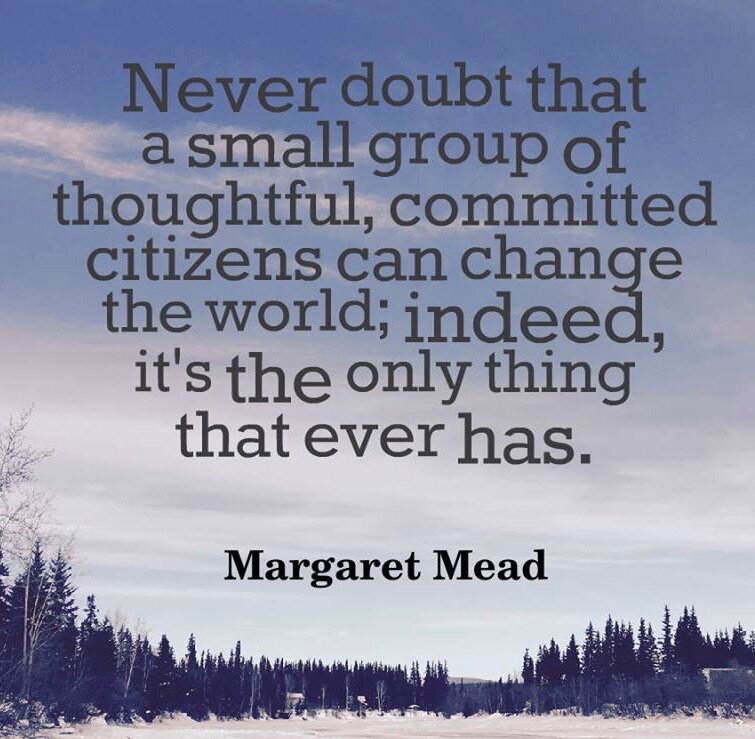In my first job out of college I worked at a residential treatment center for teenage girls outside of Boston and when one of the girls would have a really hard time and be in crisis fighting or screaming with a staff member you were instructed to walk up to the staff member and say, “How can I help?”
“How can I help?” is the sentence you use to orient in a crisis. It is the perfect North Star. This “How can I help?” allowed the staff person working with the teen a chance to narrate so we could understand the situation better and know exactly how we might be helpful. But the help was mutual. As a staff member, when someone came up to me and asked, “How can I help?” it was a reminder that it wasn’t my job to figure it out alone. I could lean on another brain. I could lean on emotional support. And the kid always looked relieved, even when they were angry—help was there, and there were more adults to help them figure it out.
“How can I help?” is for the person who needs help, but you as the helper also get helped. There’s research that shows that soldiers who were able to be helpful to their fellow soldiers during war experienced less PTSD than soldiers who were not able to help. Having the experience of being helpful and useful not only provides something for others, it is an important protection against the effects of repeated stress. It helps us feel the power of service—and it’s important to feel a useful power in situations that can make us feel helpless.
And it’s also okay and normal to need help. If you are the one who needs help—remember that you aren’t burdening someone—you are offering another person an opportunity to be helpful, to be the kind of person they want to be. And you can be helpful by asking for help directly—by asking for what you need, and when you need it. “I need a prescription picked up at CVS.” “I need my trash taken out.” “I need someone to run to the grocery store for us because we don’t have laundry detergent.” Don’t imagine that people can read your mind. Or think that if they aren’t asking, they don’t want to be helpful. We need helpers to offer when they can, and we really, really need people who need help to speak up and be as directive as you can be so that we can actually help you.
But what happens when you don’t know what to offer or no one is asking?
I say to you there are thousands of ways to be helpful. Now, the reason I say this may be because I grew up in the era of the the claymation “Little Drummer Boy” and him just playing his drum had everyone crying by the end of the show—so I ask you “what is your drum?” Do you bake banana bread? Make that. Do you know how to knit? Knit something for someone. Or make a video of how to knit. Can you rake a lawn? Take out someone’s trash? Plant flowers? Play the guitar? Wash someone’s car? Do you how to use the online meeting spaces like Zoom? Offer your services to the local groups who might need it like AA, or local businesses. Can you walk someone’s dog? Can you fix someone’s fence? Can you talk a parent off a ledge after a day of homeschooling and trying to juggle it all in such a new situation?
Are you a college student home who knows excel or google spreadsheets? Have you created a neighborhood list of people and contacts and who needs what that can get updated and acted on? Can you help a senior remotely learn how to use their phone or computer to stay in touch with their family?
Have you texted or called your friends or family? Have you created a group chat to lift each other’s spirit? Can you have a dinner over FaceTime or speakerphone with someone this week?
And while many adults will still be having some contact with work and will still l be able to feel some sense of normalcy (though under a lot of chaos) I worry about the teens and tweens whose developmental milestones depend upon feeling their impact on people and groups. I think it’s especially important for this age group to feel helpful and useful and capable where they can. Can they create a Youtube channel for pre-school aged kids reading books or teaching shapes or numbers? Do they have a particular love of something they could teach or share? Can they make canned good care packages to share with neighbors who might need it?
And lastly, let younger kids be helpful where they can. Move items in your kitchen or house to make it more likely that they can contribute to chores: put plates where they can reach them to set the table, or brooms where they can find them to sweep the kitchen floor. Have ‘rock out’ helpful parties where they choose the tunes while helping with a household chore they don’t usually do—or have them write cards or letter to doctors and nurses. You can send them or photograph them and email them. Create theme nights so they can spend time during the day to make decorations. Let them have an impact too.
And at the end of each day as you are headed to bed—have a round of gratitude for the ways you felt helped and/or the ways you were able to be helpful. In this time of stress, let yourself feel your big heart and the heart of others.
© 2020 Gretchen L. Schmelzer, PhD
